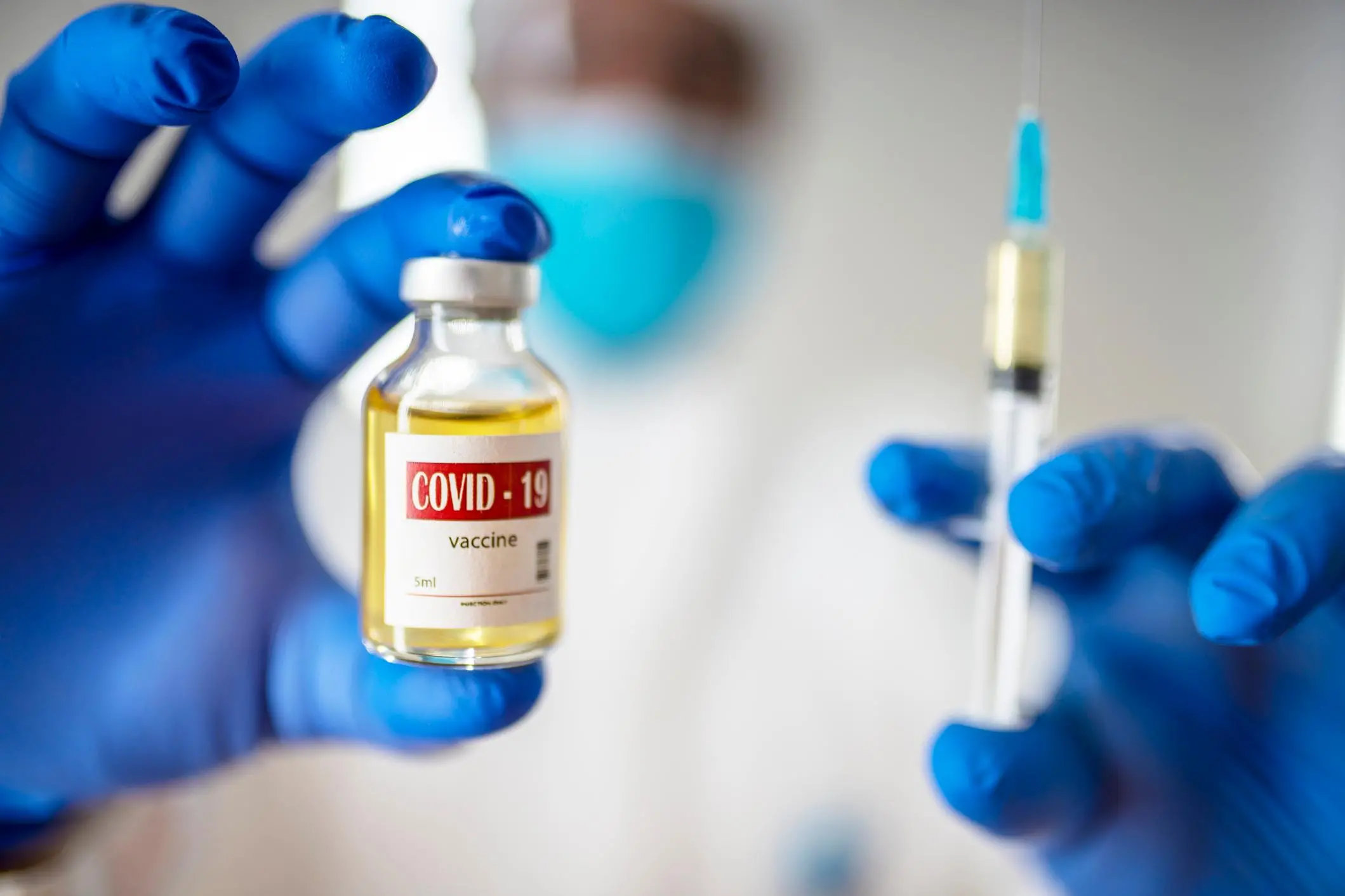PHOTO
Hani Jokhdar, the deputy minister for public health, told Arab News that the immediate priority is not to eliminate the virus, but to ensure levels of immunization in the country are as high as possible so that the risk of severe illness or death is minimized.
He added that cooperation between different sections of the Saudi authorities from an early stage had helped to ensure success an effective response to the health crisis. Citizens and expatriates also played their part in the effort to minimize the effects of the pandemic by adhering to the precautionary measures implements by Saudi authorities, Jokhdar said.
Saudi Arabia is ranked second, equal with Hungary, on the latest Nikkei COVID-19 Recovery Index, released on Aug. 31. It rates more than 120 countries based on their performance in terms of infection management, vaccine rollout and social mobility. The Kingdom received a score of 72, just one point behind top-ranked China.
“The acceleration in administering the vaccines through more than 585 vaccination centers spread all over the country has greatly contributed to this classification,” said Jokhdar. “Individuals had the freedom to decide when and where to receive the vaccine.”
On Saturday, the southern Al-Baha region recorded no cases of COVID-19, and only one case during the last three days of last week. But Jokhdar stressed that achieving zero daily cases is not the priority in the global effort to contain the pandemic.
“To completely eliminate the virus is not the main goal” for health authorities around the world, he said. “The top priority is to reach high community immunity levels. We in Saudi Arabia … follow the same strategy in confronting the pandemic: We believe that what is more important than the zero-cases level is the immunity against the virus.”
Despite misleading information and false claims about the vaccines that are circulating worldwide, especially on social media, Saudi health authorities report that efforts to reassure citizens and residents that the vaccines are safe have largely been successful.
Abdullah Assiri, assistant deputy minister for preventive health, said that the only people who continue to refuse to receive the vaccines are “the deceived or the opinionated.”
“If the vaccines were meant to exterminate the poor and the middle class, as some have claimed, then why did the rich countries monopolize the vaccines, leaving Africa to struggle against COVID-19?” he said. He also pointed out that in many countries, politicians and other leaders, the rich and scientists were among the first to sign up for vaccination.
Meanwhile, the Saudi General Authority of Civil Aviation has sent a memo to all airlines operating at the Kingdom’s airports, including private aviation companies, detailing the procedures to be followed when verifying the immunization status of expatriates before they fly to the Kingdom.
And the Ministry of Islamic Affairs has reopened 2,027 mosques after sterilization procedures were completed.
According to data from the Ministry of Health, nearly 41 million doses of vaccine have been administered in Saudi Arabia, and more than 28 million PCR tests have been carried out.
World Health Organization figures reveal that there have been more than 228 million confirmed cases of COVID-19 worldwide, and the global death toll from the disease stands at about 4.7 million.
Copyright: Arab News © 2021 All rights reserved. Provided by SyndiGate Media Inc. (Syndigate.info).





















